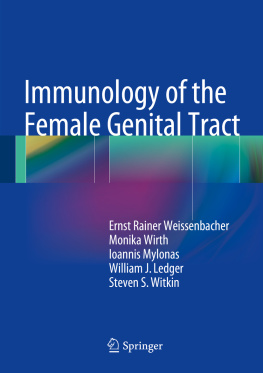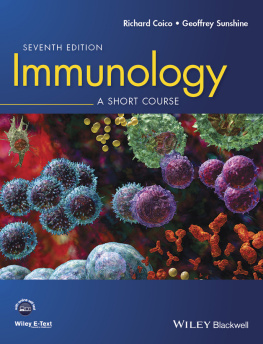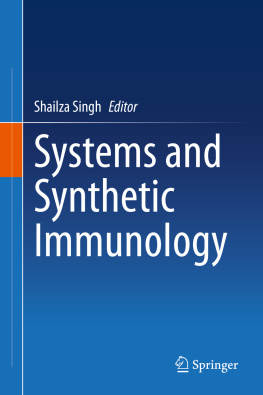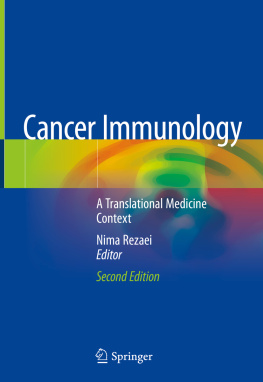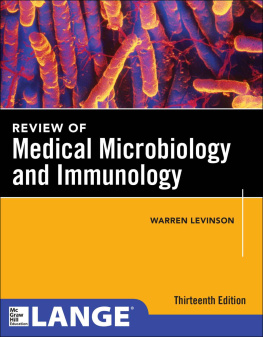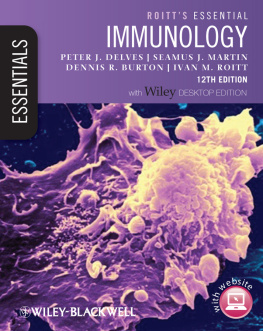1. Introduction
The mucosal immune system in the female reproductive tract has evolved to meet the unique requirements of dealing with colonization with commensal microorganisms, sexually transmitted bacterial and viral pathogens, allogeneic spermatozoa, and the immunologically distinct fetus. It is now established that the mucosal immune system is a distinct and separate component of the hosts immune apparatus and differs from the lymphoid tissues in peripheral sites. Furthermore, despite some common features, the female genital tract mucosal system displays some distinct characteristics, which outlines its special role. Analysis of the female genital tract indicates that the key cells of the innate and adaptive immune systems are present and functionally responsive to antigens; however, there is a certain degree of compartmentalization within the tract. The identification of TLRs in the fallopian tubes, uterus, cervix, and vagina; the presence of ECs, macrophages, DCs, NK cells, and neutrophils throughout the reproductive tract; and the responsiveness of these cells to selected PAMPs indicate that the female reproductive tract has evolved to meet the challenges of STDs while at the same time supporting an immunologically distinct fetal placental unit. To meet these diverse challenges, the innate and adaptive immune systems in the female genital tract are precisely regulated not only by a network of cytokines and chemokines but also by the sex hormones estrogen and progesterone. The mechanisms that regulate this mucosal immune system are still only incompletely understood. This is due to the complexities and interactions of the female immune and endocrine systems as well as to difficulties of conducting experiments in this field.
During the last decade, there has also been an increasing need for further investigation in this area due to the rising prevalence of sexually transmitted diseases (STDs), among them the pandemics caused by the human immunodeficiency virus (HIV). Progress is being made in understanding how immune responses can best be stimulated at the genital tract mucosal level. On the basis of this information, the attempt to construct new mucosal vaccines specifically targeted to the genital tract is one of the ambitious goals of research in this field. Also, the blossoming of the field of reproductive medicine, with the tremendous increase in the number of infertile couples seeking to undergo assisted reproduction, has led to advances in characterizing immunological mechanisms and disturbances related to ovulation, conception, and pregnancy maintenance.
Understanding the specialty of the genital tract immune system is of critical importance, because STDs are and will continue to be a major health problem worldwide. Despite extensive efforts, only limited success has been achieved in dealing with a growing list of STDs. The role of immune factors in the control of genital viral and bacterial infections appears complex and needs further study, also with respect to the development of vaccines. Despite the recognition that innate immunity, as the first line of defense, and adaptive immunity, especially Th1 immune responses, play a critical role in preventing infection and in limiting viral replication, factors such as antimicrobials and TLRs that contribute to the mucosal response in the female genital tract have only recently begun to receive attention. Further studies are also needed to elucidate the relationship between mucosal immunity, the hormonal environment, and response to pathogen challenge.
More data must be collected on the mechanisms of immune evasion by several pathogens such as HSV, N . gonorrhoeae , and Chlamydia . While considerable information can be obtained from animal experiments, important differences in the physiology of reproduction and the immune system result in the need for studies in humans. Further knowledge on female tract immunology will also impact on immunological approaches to contraception, immunological infertility, and the immunological aspects of pregnancy. This will introduce new options not only for diagnostics but also for treatment of pregnancy complications such as preeclampsia, preterm birth, and early pregnancy loss as well as infertility.
The objective of this book is to systematically review and discuss recent advances in immunology of the female genital tract. The emphasis hereby lies on the evaluation of studies concerning the basics of female reproductive immunology, research on immunology of the most important genital infections and vaccination strategies, immunological principles at the fetomaternal interface during normal pregnancy and its complications, and immunological data on infertility and immunocontraception.
The second chapter in this book gives a brief introduction to the basic principles of human innate and acquired immunity and mucosal immunology, while the third aims to define the mucosal immune system in the female reproductive tract. The focus thereby is on identification of what is known about the humoral and cellular factors of this particular mucosal immune system and definition of the regulatory influences of sex hormones and cytokines. The unique immunological characteristics of the female genital tract are then considered with respect to the design of mucosal vaccines for protection against microbial disease.
The fourth chapter deals with the most important infections of the female genital tract and describes the latest results regarding innate and adaptive immune responses and vaccine development for each infection. These are the following:
Viral infections
Herpes simplex virus (HSV)
Human immunodeficiency virus (HIV)
Human papillomavirus (HPV)
Bacterial infections
Neisseria gonorrhoeae
Chlamydia trachomatis
Bacterial vaginosis (BV)
Finally, the fifth chapter reports on different important areas of immunology in reproductive medicine. Pregnancy involves maternal tolerance of the semiallogenic histoincompatible fetus and is characterized by the enhancement of the innate immune system and suppression of the adaptive immune response, probably with progesterone as the important regulator. In contrast to normal pregnancy, improper immune responses and an unbalanced cytokine network may characterize implantation failures, pregnancy loss, and obstetric complications. These are the presence of elevated Th1/Th2 cell ratios, high concentrations of Th1 cytokines, elevated NK cell cytotoxicity and levels, and emergence of various autoantibodies. Immunological approaches need to be investigated and evaluated further with respect to widening of treatment options by modification of immune responses.

